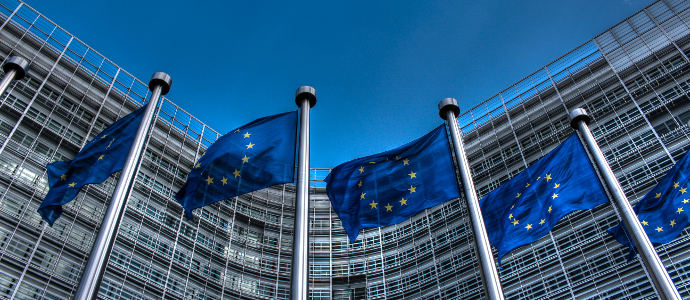The article is kindly provided to us by the Bulgarian office of Wolf Theiss - Central & Eastern Europe’s largest and also one of its most successful business law firms.
On 20 May 2015 the European Parliament adopted on second reading the fourth directive addressing the threat of money laundering, i.e. the Directive of the European Parliament and of the Council on the prevention of the use of the financial system for the purpose of money laundering and terrorist financing (the 'AML Directive') which is expected to be published in the Official Journal by the end of July 2015 and will enter into force twenty (20) days after publication.
The new AML Directive will repeal entirely Directive 2005/60/EC which currently regulates the anti-money laundering rules in the European Union. Within two (2) years after entering into force of the new AML Directive the Member States shall adopt appropriate legislation to comply with the new anti-money laundering measures.
Ultimate Beneficial Owners Registers
Among other rules, the new AML Directive envisages mandatory provision of information about the ultimate beneficial owners of companies (and trusts) incorporated in a Member State that will be registered in a public database. Access to such public registers will be provided not only to the competent authorities and the entities that shall conduct customer due diligence under the AML Directive but also to any other "person or organisation that can demonstrate a legitimate interest" (e.g. with respect to money laundering, terrorist financing, corruption, tax crimes and fraud)
To ensure appropriate data protection measures the AML Directive limits the access of persons that have legitimate interest to the name, month and year of birth, nationality and country of residence of the beneficial owner as well as the nature and extent of the beneficial interest held by the beneficial owner. Such access could also be subject to an online registration and payment of administrative costs.
The recitals to the AML Directive elaborate that information about beneficial ownership shall be collected from the widest possible range of legal entities established in the European Union ('EU'). The identification of the beneficial owners should further extend to entities that own other legal entities, where relevant, up to the natural person(s) who ultimately exercise control.
Under the AML Directive the following persons are deemed as beneficial owners of corporate entities:
- The natural person(s) who exercise control through direct or indirect ownership of a sufficient percentage of shares, whereas a shareholding of 25% plus one share or an ownership interest of more than 25% are considered sufficient to qualify as a beneficial owner. The Member States are, however, entitled to determine lower ownership percentage as an indication of control; or
- In case no beneficial owner could be identified on the basis of the criteria under the above paragraph – the natural person(s) who hold the position(s) of senior management official(s).
In the case of trusts, the information about beneficial ownership includes the settlor, the trustee(s), the protector (if any), the beneficiaries and any other natural person exercising ultimate control over the trust through direct or indirect control.
Recent National Initiatives
United Kingdom (UK)
On 26 March 2015 the UK Parliament passed into law an act providing for establishment of a central public register of natural persons who exercise control over companies incorporated in the UK. The act will not apply to limited liability partnerships and companies listed on a regulated market which are already subject to equivalent requirements.
By virtue of the new act UK companies shall disclose beneficial ownership information in a public database as of 1 April 2016. By virtue of this act the UK has already transposed the major requirements of the new AML Directive regarding provision of beneficial ownership details.
The UK Government is also encouraging its overseas territories to consider the establishment of similar beneficial ownership databases.
Bulgaria
In 2014 the Bulgarian Parliament adopted an act regulating the economic and financial relations between the State and companies registered in tax havens (or their affiliates) (the 'Offshore Act'). The Offshore Act regulates, among other measures, the disclosure of beneficial ownership information of certain companies incorporated in tax havens in the Bulgarian Commercial Register which is publicly available subject to registered access.
The adoption of the new AML Directive may used by the Bulgarian Parliament as a legal ground to further enlarge the scope of the Offshore Act to companies which are not commercially or financially related to the State.
About Wolf Theiss
Wolf Theiss is one of the leading law firms in Central, Eastern and South-Eastern Europe. We have established our reputation over a combination of unsurpassed local knowledge and strong international capabilities. We opened the first Wolf Theiss office in Vienna over 50 years ago, and today our team is comprised of over 650 people working in offices spread in 13 countries in Central and Eastern Europe.

Comments
blog comments powered by Disqus